People who exercise and care about their health probably don't pay much attention to their cholesterol levels. Moreover, there are no direct symptoms associated with its elevated levels.
It's easy to assume that high cholesterol is a problem that only affects older people. But the reality is that more and more people under 40 are overweight.
What is cholesterol?
Cholesterol itself is not the bad guy: it is produced by the body and is also present in animal products such as dairy products and beef. Used for several vital body functions - including hormone production and vitamin D production. But when cholesterol levels become too high, deposits can build up in the blood vessels, causing them to become clogged, leading to health problems such as heart attack and stroke.
There are two main types of cholesterol to be aware of. Low-density lipoprotein cholesterol (LDL) is called "bad" cholesterol because it is the type that tends to accumulate in the arteries, causing them to narrow, which restricts blood flow and ultimately leading to a heart attack or stroke. The lower your LDL cholesterol level, the lower your risk of developing these health problems.
There is also high-density lipoprotein (HDL) cholesterol, which is called “good” cholesterol. This type acts as a cleansing command, moving cholesterol back to the liver, which then flushes it out of the body while preventing it from accumulating as plaque in the arteries. Higher levels of HDL cholesterol are desirable as it will help reduce the risk of developing cardiovascular disease.
Some people inherit genes from their parents that cause elevated cholesterol levels. This condition is called familial hypercholesterolemia. But in many cases, lifestyle choices, including exercise and diet, play a huge role in keeping cholesterol in check.
Foods that will help lower cholesterol levels
Sport-rb.ru has already written about recommendations for lowering cholesterol by doctor and TV presenter Alexander Myasnikov. Below are a few more effective products in the fight against bad cholesterol.
Nuts
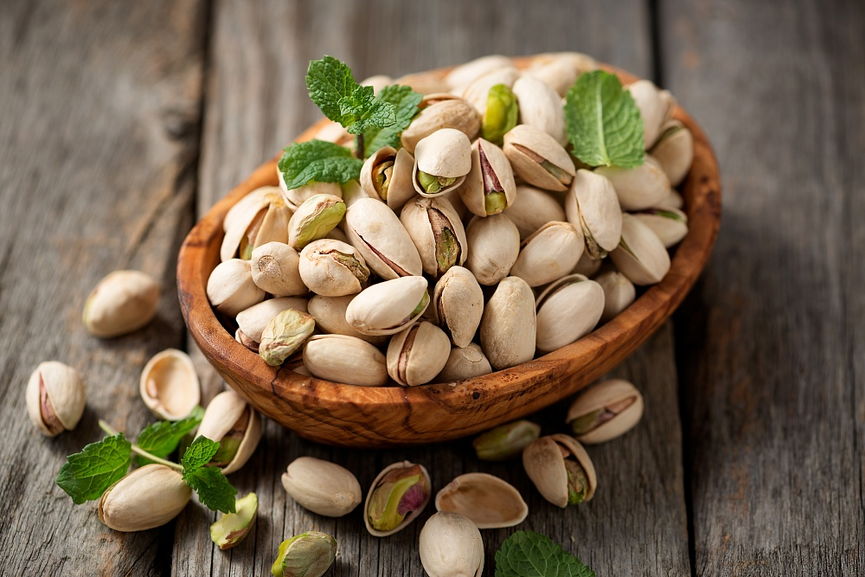
A 2020 study published in the American Journal of Clinical Nutrition found that regularly eating pistachios and walnuts is an effective diet for lowering LDL, total cholesterol and triglycerides, which can also clog your arteries when high.
Nuts contain a high percentage of monounsaturated fatty acids and polyunsaturated fats, which have been shown to reduce the amount of harmful LDL cholesterol in the bloodstream. Monounsaturated fats also have anti-inflammatory effects and reduce the extent to which cholesterol sticks to artery walls, causing decreased blood flow.
The most common monounsaturated fats in the daily human diet are oleic acid, which blocks the absorption of cholesterol in the small intestine, and palmitoleic acid, which supports healthy metabolism and lowers cholesterol and triglyceride levels.
Don't forget that nuts are quite high in calories.
Oatmeal
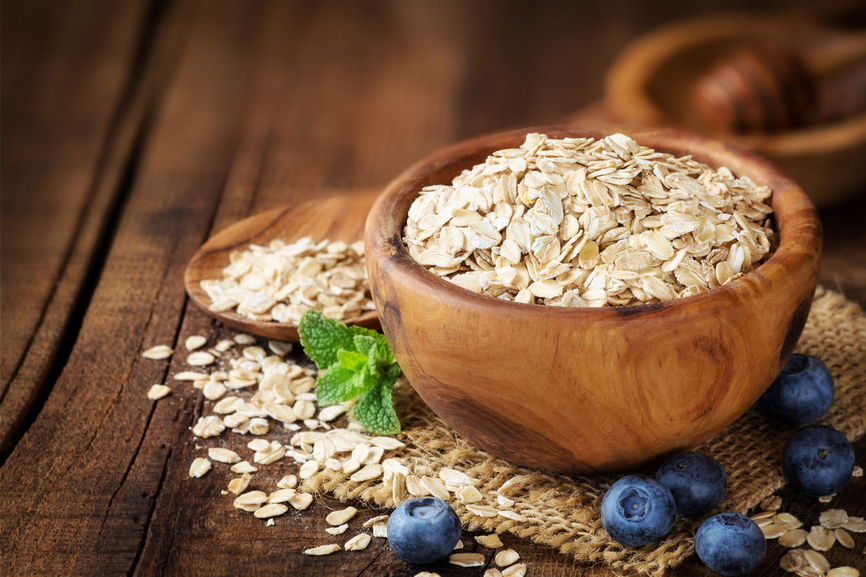
Using data from more than 5,000 people, the scientists found that people who ate more whole grains such as quinoa, brown rice and whole wheat pasta, oats or oatmeal over the course of a year had lower triglyceride levels and lower HDL cholesterol levels, compared with those who ate more refined carbohydrates.
Oatmeal's cholesterol reduction is largely due to its high beta-glucan content, a form of soluble fiber that absorbs LDL and removes it from the body while reducing triglyceride production.
Apples
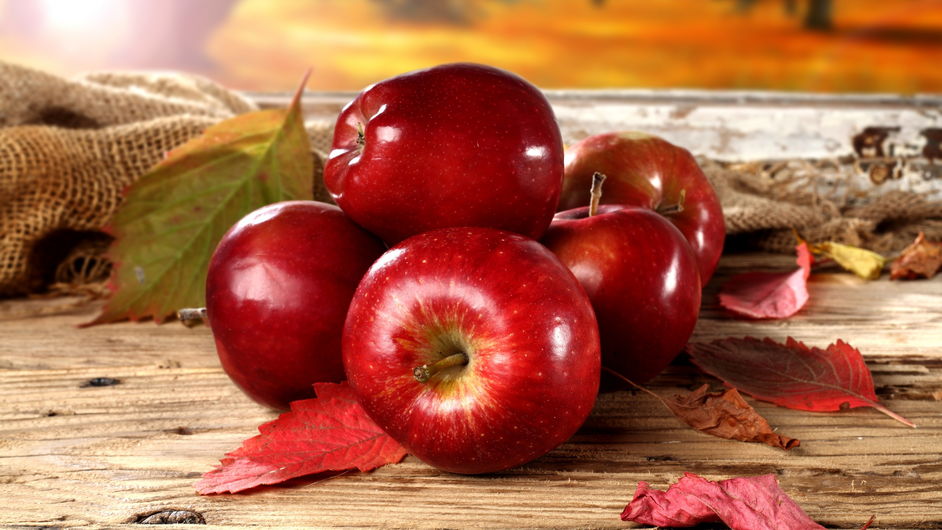
Scientists have found that eating two to three apples every day for two months can reduce risk factors for cardiovascular disease.
Apples contain pectin, which, together with ascorbic acid, magnesium and potassium, reduces the level of total cholesterol and LDL cholesterol. It is recommended to eat ripe apples, in which the level of pectin is much higher than that of unripe fruits. In addition, baked apples are also useful and are suitable for people with gastrointestinal problems.
Avocado
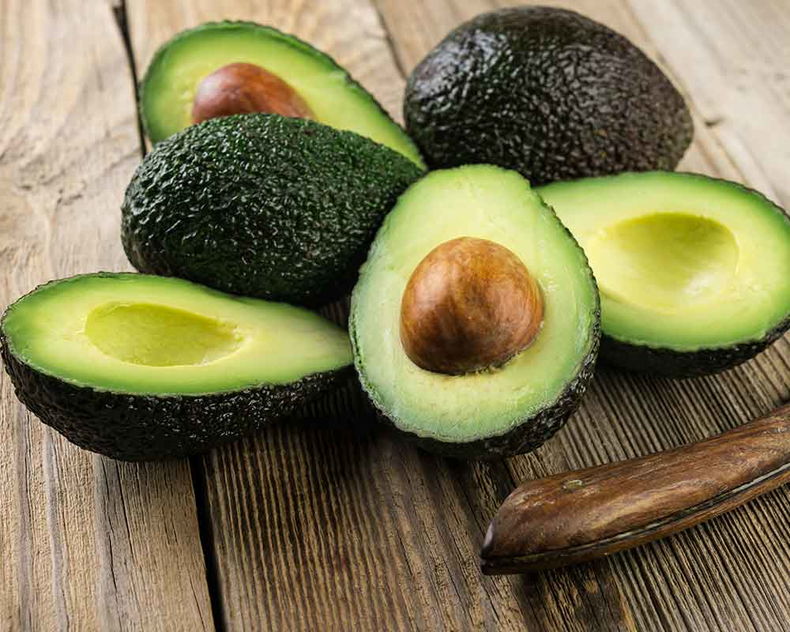
A report in the Journal of Nutrition found that adults who included one avocado in their diet every day for five weeks had lower LDL cholesterol levels than when no avocados were consumed. The now fashionable fruit contains monounsaturated fats, dietary fiber and antioxidants such as lutein. All this helps reduce total cholesterol and triglycerides.
Blueberry
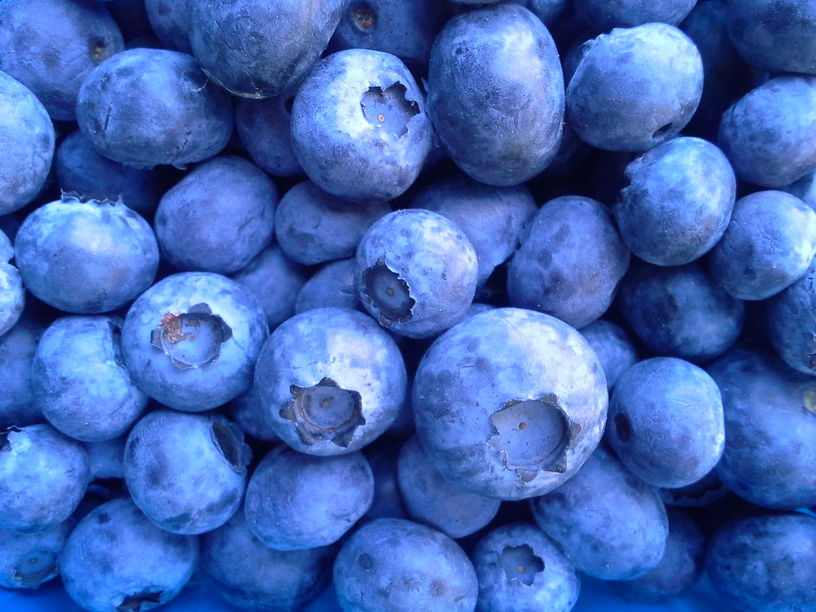
Anthocyanins—powerful antioxidants found in colored fruits like blueberries, blackberries, dark grapes, and cherries—raise good HDL cholesterol while lowering bad LDL cholesterol. This occurs because anthocyanins have the ability to reduce the activity of the protein that transfers cholesterol from HDL molecules to LDL molecules. In addition, bad cholesterol helps remove dietary fiber and antioxidants contained in the berry from the body.



0 Comments